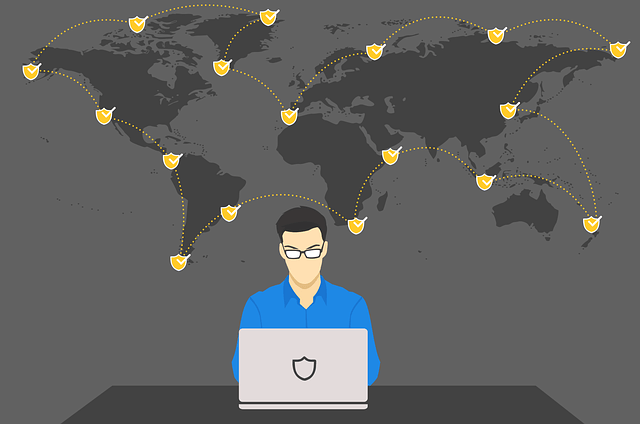How to Achieve Cyber Resilience with an MSP

The cyber threat landscape is changing and it is becoming more difficult to stay safe from cyberattacks.
With the proliferation of malware as a service, even unskilled attackers can now acquire advanced malware kits to use in compromising their target business.
Hence, organizations need to rethink cyber security and take an integrative approach that involves protecting critical assets and systems from going offline despite attacks.
Even if you are currently doing everything right in terms of cyber defense, there is no guarantee that newly discovered vulnerabilities will not impact your business operation in the future.
Fortunately, businesses can benefit from robust protection from cyber resilience strategies courtesy of MSPs.
WHAT IS CYBER RESILIENCE
Cyber resilience is the ability of a business to continue operating in the face of sophisticated cyberattacks and threats against it. It is a measure of the strength of the business to prepare for, adapt, and recover from cyberattacks.
Cyber resilience involves identification, detection, response, and quick recovery from cyber incidents.
It is an improved approach to business security that includes elements of monitoring, cyber security, business continuity, incidence response as well as disaster recovery.
WHY YOUR BUSINESS NEEDS CYBER RESILIENCE
A cyberattack on IT assets or an indirect attack on third-party service providers can disrupt business operations.
If your critical organization’s IT infrastructure is taken offline by cyberattacks or other disasters, how will your business cope?
This is the problem that cyber resilience strategy aims to solve.
If your organization is cyber resilient, you will have the ability to prevent cyberattacks and also reduce damage in the case of a server or data breach while maintaining business operations. Managed service providers can help organizations with the components that create cyber resilience including customized IT solutions that meet individual business needs.
FEATURES OF CYBER RESILIENCE
There are security tools and processes that MSPs deploy to secure businesses from attacks, some of them are discussed below.
1. Backups
MSPs can setup an automated backup system for your business so that there are multiple copies of your data and services across various company channels and third-party providers. This will ensure that your business is protected against data corruption and loss caused by cyberattacks, natural disasters, or human errors.
2. Block Malicious Content
Hackers are constantly setting up malicious online services for infecting unsuspecting site visitors. They may also hijack legitimate servers and inject malicious code for system compromise. Security policies set up by MSPs can help block users on your organization’s computer systems from visiting known malicious websites.
3. Protect
When cyber threats are blocked before they get a foothold in the network, you save your IT infrastructure from being infiltrated.
4. Restore
In the unfortunate event of a system breach, MSPs can facilitate quick recovery by restoring your lost or corrupted data from other sources to maintain business continuity.
5. Deploy Technology
As part of cyber resilience build-up for your organization, MSPs can deploy the necessary protection tools to protect your business from attacks. These include installation of firewalls, VPNs, anti-phishing and anti-malware software as well as regularly updating the OS and firmware of your computing system.
6. Employee Training
Technology on its own cannot adequately protect your business against service disruption. The people in your business are often the first line of defense against attackers. Hence, they have a large role to play in keeping your business operational.
MSPs can organize regular training sessions for your employees so that they are kept up-to-date on the latest cyber security threats and how to protect your organization’s assets.
7. Audit Processes
MSP can audit your business as part of cyber resilience to identify security gaps, discover areas in need of improvement and come up with security recommendations in order to prevent attacks.
Relying on a limited aspect of defense is no longer sufficient to protect a business. Having several layers of security as obtained in the cyber resilience approach is essential to keep your organization safe and operational despite attacks.
Phishing, ransomware, and other cyber threats are not going away. They can impact critical infrastructure and cause business failure, data loss as well as loss of reputation. It is left for you to transition your business into the evolving paradigm of cyber resilience. Contact us today to kick-start your organization’s cyber resilience strategy.
The post How to Achieve Cyber Resilience with an MSP appeared first on SDTEK | San Diego, CA.


